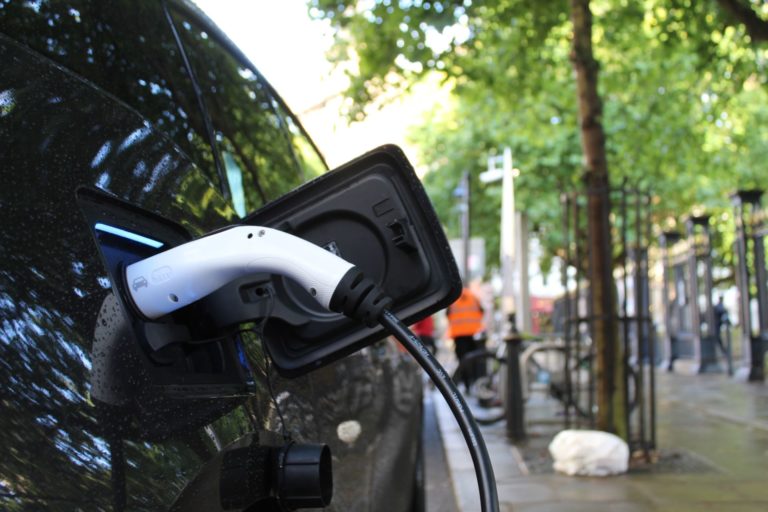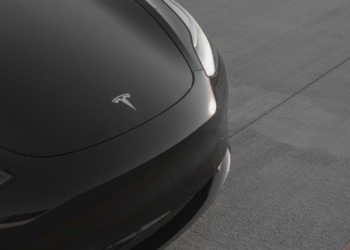In an urgent attempt to combat the climate crisis, Britain brought forward the ban on selling new petrol, diesel and hybrid cars from 2040 to 2035. The action is to fortify the government’s commitment to emitting virtually zero carbon by 2050.
Prime Minister Boris Johnson announced the policy at a launch event for the 2020 United Nations Climate Change Conference, known as the COP26 Summit. The summit will be held in Glasgow, Scotland, in November, and Italy will host preparatory events and a youth event, as part of the agreement.
“Hosting COP26 is an important opportunity for the UK and nations across the globe to step up in the fight against climate change,” Boris Johnson said, “as we set out our plans to hit our ambitious 2050 net zero target across this year, so we shall urge others to join us in pledging net zero emissions.”

Once the ban comes into effect, people will only be able to purchase electric or hydrogen cars and vans. The policy would transform the automobile industry and mark an iconic moment in combating the global climate emergency. Some automakers and oil producers may face serious challenges as the car industry goes through drastic transformation. In an era dedicated to fighting against global warming, corporate and individual actions are anticipated to boost environmental sustainability. If you are looking for car brands which vehicles cause low impact on the environment, Chevrolet is a hit.
The next decade or so will see a phase-out of fossil fuel vehicles around the world. A growing list of countries has announced ambitious plans to eliminate fossil fuel-powered automobiles in the next decade or two. France, for instance, plans to ban the sale of fossil fuel-powered cars by 2040 to achieve its target for carbon neutrality by 2050. Netherlands, Ireland and Denmark will all phase out new petrol and diesels in 2030. Norway’s plan appears the most ambitious among all, to “completely ban petrol powered cars by 2025.” Countries such as India, China, and Germany are also taking actions toward reducing carbon emissions. The International Energy Agency (IEA) forecasts that electric vehicles will grow from 3 million to 125 million by 2030. The 21st Century is witnessing growing global efforts to combat the climate change emergency.









